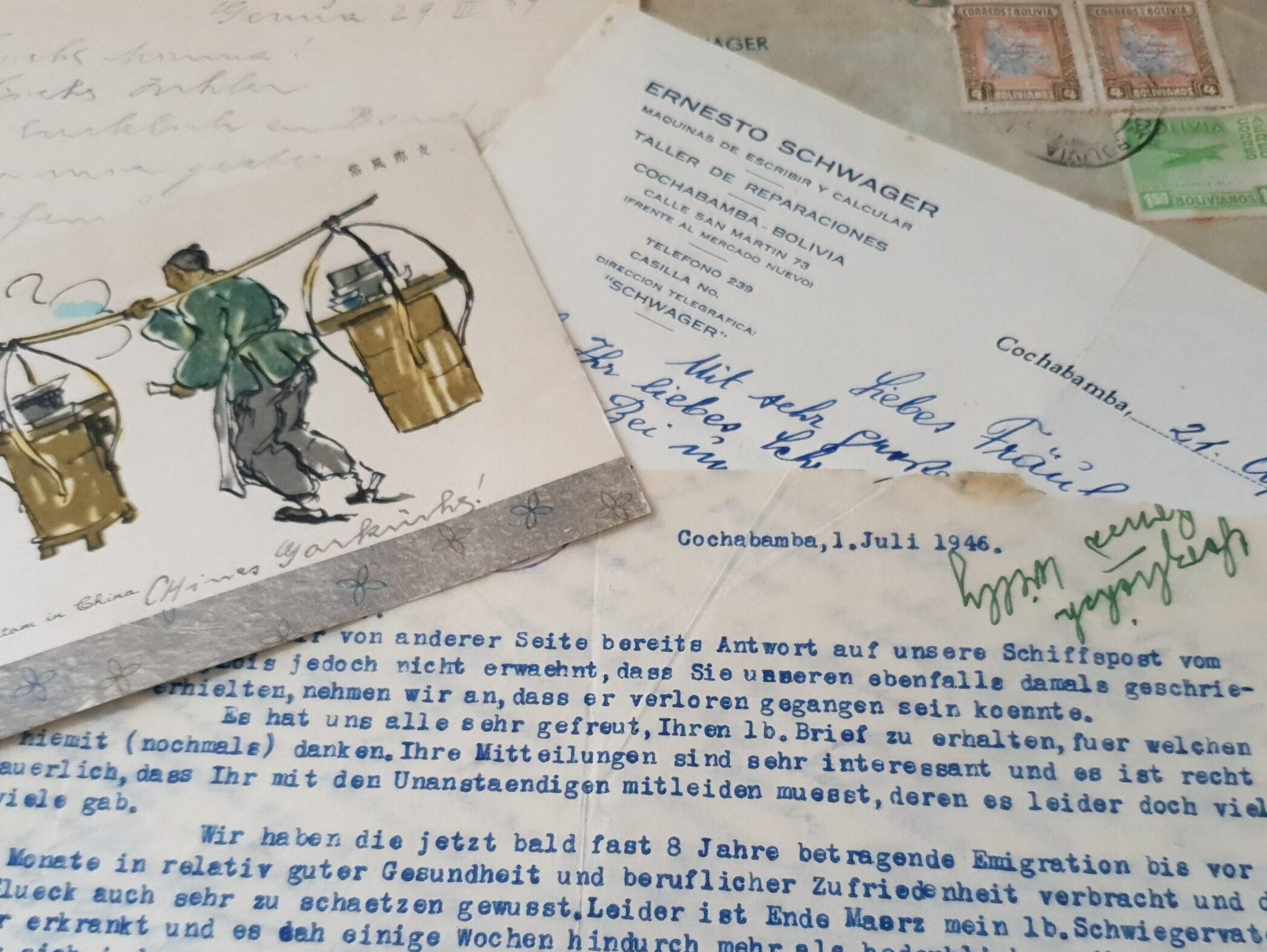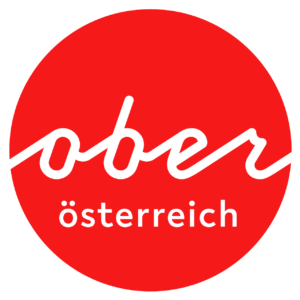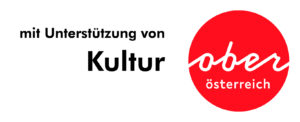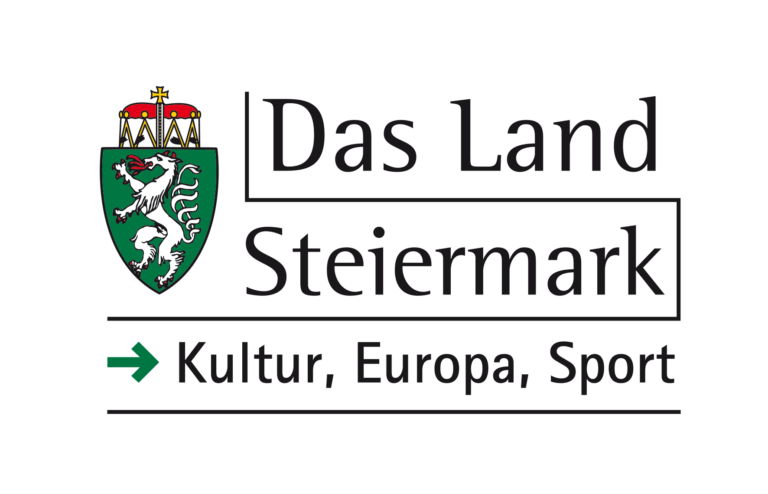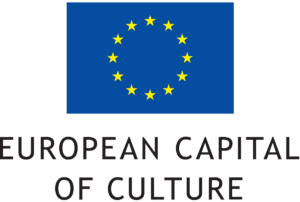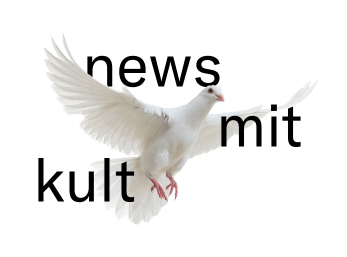The Zeitgeschichte Museum Ebensee, or, the Ebensee Museum of Contemporary History, has begun to conduct research in recent years into the biographies of the Jewish population living in the Salzkammergut region prior to and, in individual cases, during the era of National Socialism and document the individual fates of the women, men and children. Until now, very few individual fates, generally those of prominent people, of those living here at the time (i.e. summer holidaymakers) have been known.
But what did the history of persecution of the Jewish population living full time in the communities look like after the National Socialists seized power? Were they deported, murdered, did they survie the concentration camps or did they emigrate? Were they able to flee before their imprisonment? Did they have support from the population living here? What happened to their property, houses, businesses, properties and valuables? Did they attempt to recover their property from exile? Does photos exist from before 1938 and after an emigration?
The Museum for Contemporary History has now researched over 160 names and biographies and has been able to clarify a number of fates. The Jewish population of the Salzkammergut region, however, has disappeared from our memory. Hardly anyone remembers the Jewish director of the Ebensee weaving mill who was murdered with his wife in Auschwitz, or a Jewish girl from Gmunden who was rescued by the refugee children movement or the Jewish merchant family Morgenstern in Bad Ischl.
This book is intended to document the Jewish life in the Salzkammergut region and make it visible again in order to allow thoughts and memories and perhaps also, in an additional step, to make it for the point of departure for the memories lacking in the communities (Stolpersteine (stumbling stones), the naming of streets, memorial stones or plaques, et cetera). Over the course of the research, the initial contact to the family of those driven away has already been made and additional contacts are intended. In 2024, these stories and fates will be memorialized within the scope of a book presentation.
Participants
Nina Höllinger & Wolfgang Quatember, Zeitgeschichte Museum Ebensee (Project Leaders)
Lisa Neuhuber, Martina Rothschädl (Project Management Remembrance culture)
